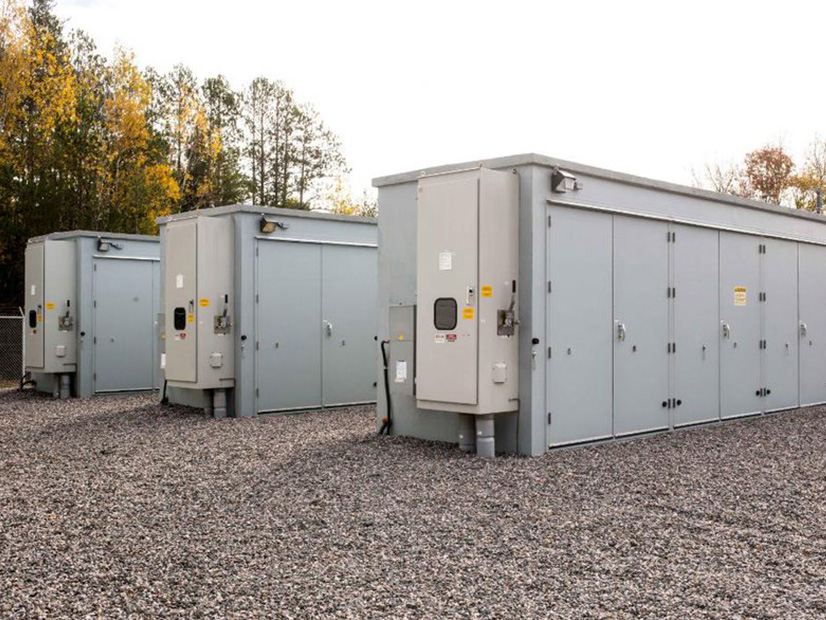CARMEL, Ind. — MISO stakeholders are trying to figure out what transmission service requirements the grid operator has in place for battery storage that charges from the grid.
Stakeholders have asked MISO to clear up its transmission service requirement process for incoming battery storage that intends to charge from the grid. They said there are inconsistencies and ambiguous language between MISO’s business practice manuals and tariff as to whether battery storage needs to secure yearly, firm point-to-point transmission service for storage, or non-firm service. MISO maintains that storage that charges from the grid is required to obtain long-term, firm, point-to-point service, not the interruptible network service option.
At a July 19 Planning Advisory Committee meeting, WEC Energy Group’s Chris Plante outlined stakeholder concerns that MISO’s interpretation that storage should acquire point-to-point service is overly restrictive compared to FERC requirements and “severely limits the value” of energy storage resources.
FERC’s Order 841 requires that “applicable transmission charges” should apply when a storage resource is charging from the grid to resell energy later.
Several storage developers agreed that MISO’s reading of Order 841 will hurt their bottom lines. Some argued that storage charging behavior is similar to load, and that storage resources already naturally avoid charging during periods of peak demand. Multiple stakeholders said MISO needs storage to help combat deepening capacity shortage risks down the road. (See OMS-MISO RA Survey Signals Potential for 9-GW Shortfall by 2028.)
Plante raised the issue during multiple spring planning meetings. He said he thought MISO’s business practice manuals are light on authority when standalone battery storage connects to the transmission system and intends to charge from the grid.
Plante said MISO’s rules are vague on whether MISO’s non-firm Network Integration Transmission Service could fulfill the requirements of Order 841. He also said it’s unclear as to whether MISO’s interconnection process for storage resources considers its transmission service requirements. Finally, he said MISO is ambiguous as to whether transmission service requirements apply to storage connected to the distribution system.
MISO’s Planning Advisory Committee members agreed to take up the issue for discussion at future meetings.
“If we’re going to be relying on batteries as a large source of our generating fleet in the future, then it will have to charge in areas that are different from what we have today,” MISO’s Andy Witmeier said.




